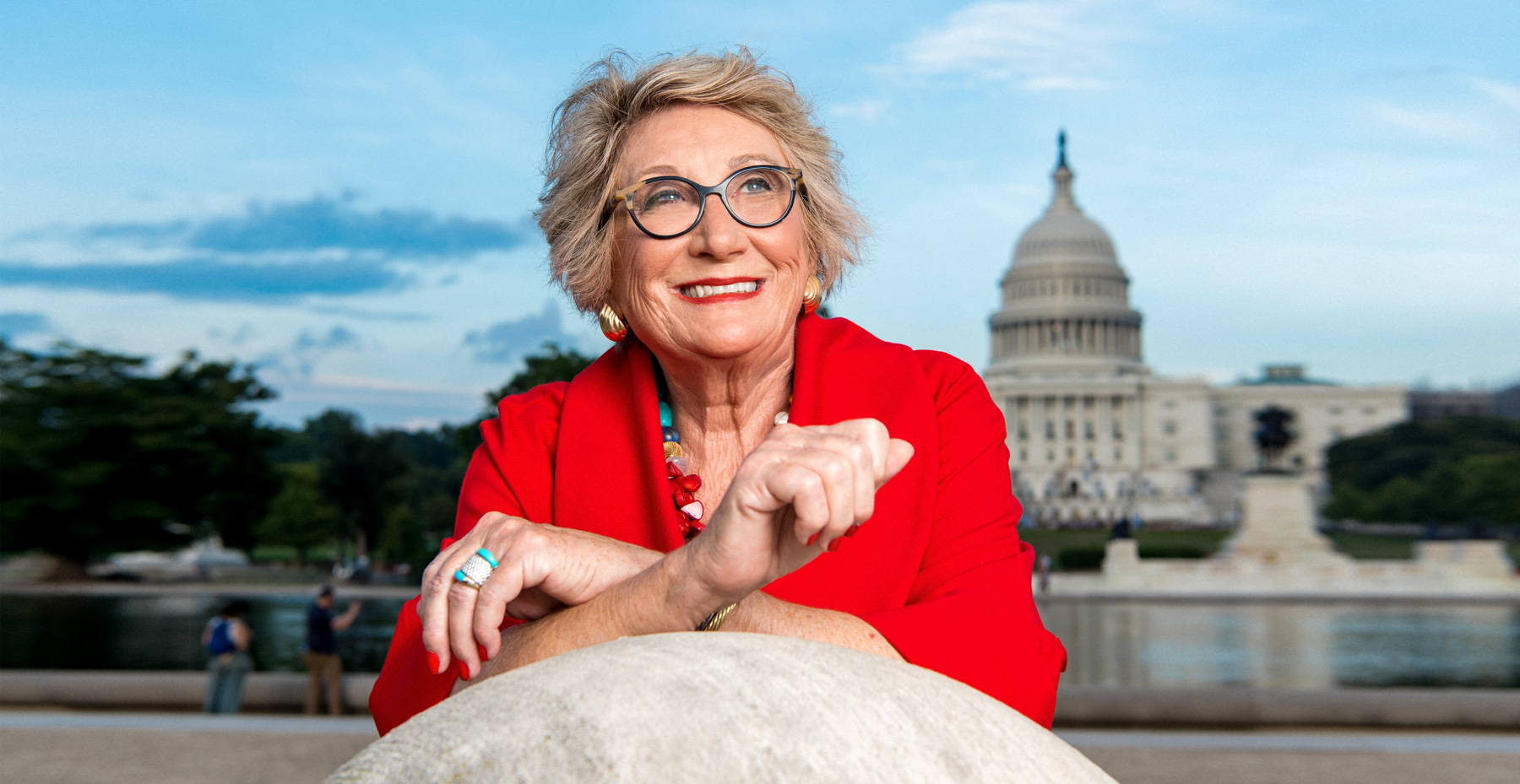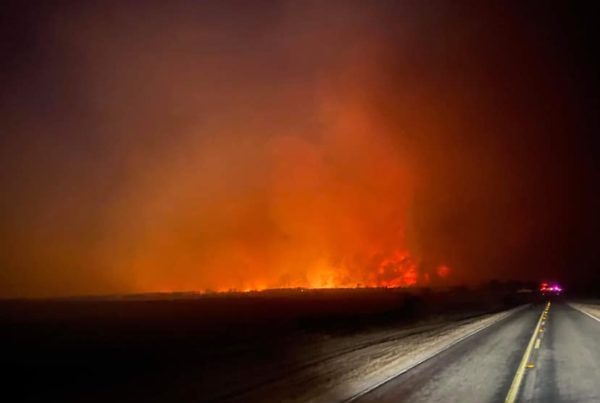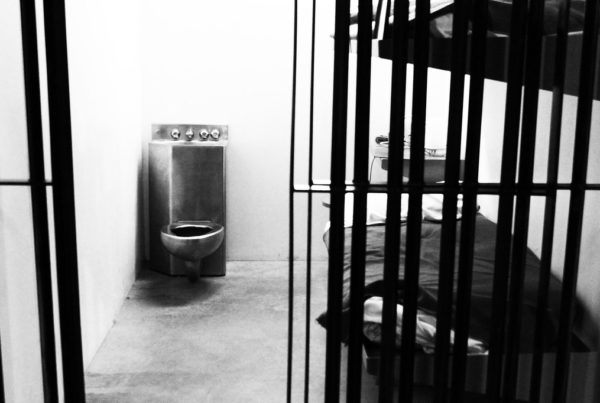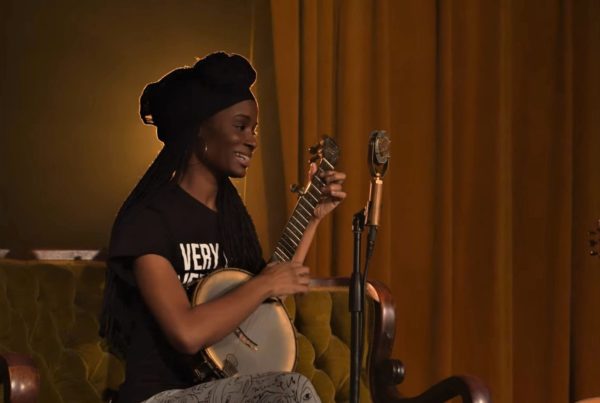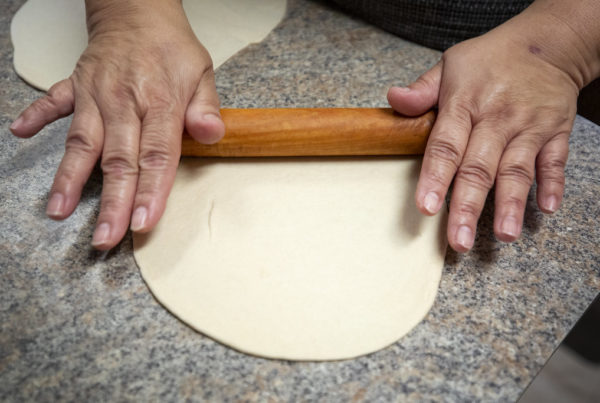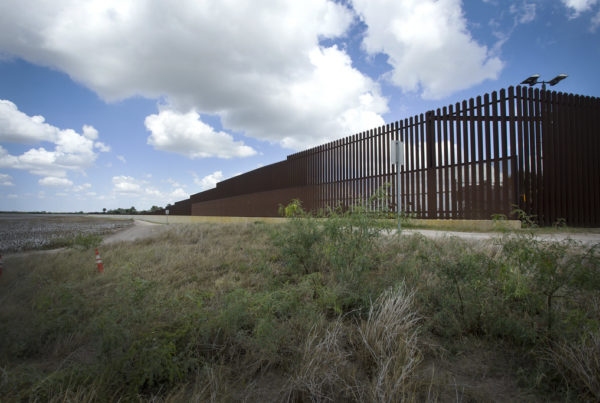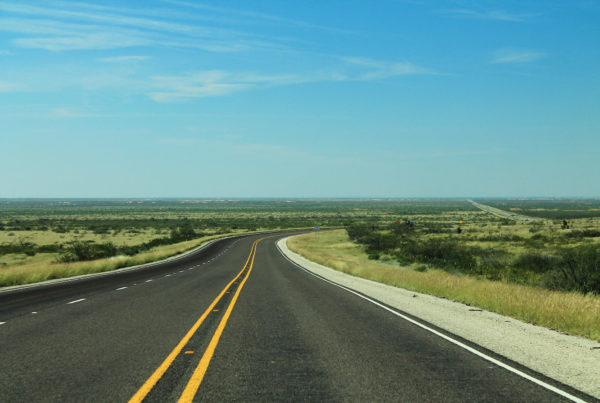When Kathryn Clark Childers was growing up, she had dreams of becoming Annie Oakley. Her father had taught her how to shoot, and years later she would find herself on a shooting range in Washington, D.C,. on her way to becoming one of the first female Secret Service agents. The longtime Corpus Christi resident details it all in her book, “Scared Fearless: An Unlikely Agent in the US Secret Service.”
Listen to the interview with Childers in the audio player above, or read the transcript below to learn more about Childers’ time protecting Caroline Kennedy, and guarding the Queen of Spain at the Apollo 14 launch.
This interview has been edited lightly for clarity.
Texas Standard: looking back now, when you were growing up, what were some of the things you learned that prepared you for your career and adult life?
Kathryn Clark Childers: The interesting thing to me and I speak about this is that everything I learned prepared me for my life. I speak many times to younger people saying, “What’s in your backpack?” because so often times people forget the skills, the hobbies, the interests, the joys they have in life and never really look at it as a career builder or something you would put on your résumé.
But as a little girl, I was athletic, and growing up in a mountainous area in the Wasatch range and the heart of Utah, I really had very few women to look up to who were doing unusual things or making a space for women in areas that simply weren’t available for us. And one of them was Annie Oakley, and I had a horse and a dog and a fringed coat, but I didn’t know how to shoot the old .22, so my dad taught me – not that I shot animals; I don’t. I’m not a hunter. I just was interested in the fact that it was athletic and it was a skill.
See an image here of Childers in the 1970s, from the Corpus Christi Caller-Times.
One of those skills served you later as you went on to this very interesting career. Were you recruited into the Secret Service, or did you go looking for that job? What do you think made you stand out as a candidate?
For the Secret Service, I’m not sure they even knew what they were looking for, because if you have followed the book “Hidden Figures,” the fact that NASA was looking for an expanded opportunity to beat the Russians to get to the Moon, the smart people, particularly the men at the top, decided that maybe there were some hidden figures and some hidden opportunities by hiring women who were, at that point, called “computers,” to add to the massive impact of research to get to the moon.
In our case, after the assassination of [President] John Kennedy, an agent named Clint Hill, who had saved Mrs. Kennedy – and I had watched the whole event when I was in high school and was horrified by it – and he and some of the higher-ups of the Secret Service decided that hiring women might enhance the job of to protect and serve our national leaders.
And one day, a friend of mine and I were having lunch – you know how that happens? You never know – and this friend said, “You won’t believe this, but they’re hiring female bodyguards for Tricia Nixon, the president’s daughter.” I said, “Really? They really are?” And she said, “Yes, but I’d be scared to do that.” I said, “No, I wouldn’t be scared. When I was little, my dad was teaching me how to shoot an old .22 and I said I was scared. He just said, ‘Well, darlin’, just do it scared.'” And that had been my mantra from that point forward. And she said, “Well, you have to be able to shoot a gun.” And I said, “I can do that.”
So I ferreted out how you would apply, and [I] actually go and interview with Assistant Director Hill, at that point, at the Secret Service. And through a long process of interviews and physical qualifications and a first year of, shall we say, on-the-job training to see if they thought we could do the job – that was in 1970, in 1970, when they hired five of us who were the first women agents ever hired in federal law enforcement at that echelon, in one of the most prestigious law enforcement organizations in the world, and a male bastion. And they hired five of us. And that’s really how it happened– the conversation: you need to listen to those conversations and go after them. And it was an incredible experience.
What was it like though going into this organization that previously only had men as Secret Service agents? And how did those other agents react to you and the other women being there, doing the doing the same job?
If you think about it, there were few, if any, opportunities for women, and I keep pointing that out that, for instance, there was no credit opportunity. I didn’t have a credit card to try to drive to Washington; I had to borrow my dad’s old Conoco credit card. Teachers were [women], principals were men. I don’t think it was so difficult as people – and they asked me that question all the time. The men, it was like a boys club. The men were not difficult, they just didn’t know how this was going to work out, and they were questioning it.
There was a cartoon, that old cartoon, “Cathy,” that came out many years ago that said, women who seek to be equal with men lack ambition, which my mother was horrified when I repeated that. And it wasn’t that we were trying necessarily just to be equal; we wanted to be good enough, to be as good as they were to fill that responsibility.
As we did the job, I say we were the first, not necessarily the very best; men and women followed that were far more experienced and had greater opportunity than we did. But the important [thing] was that the men did accept us, for the most part, although there were some people that were kind of knuckleheads, as they say, and weren’t pleased with the idea. But on the whole, there was acceptance.
On the whole, I approached it with the sense of humor and was pretty darn good at what I did. We all decided we needed to jump higher and do it right because we didn’t want to be the last. The biggest challenge was if the five of us had not succeeded, I doubt those opportunities in federal law enforcement, and a trickle-down of other of those higher-echelon positions would not have happened, and that’s what really scared me. That’s why I wrote [the book,] “Scared, Fearless”; I didn’t want to fail.
Tell us about one of your most memorable assignments on the job.
I would say two of my favorite, obviously, I think because of my time as a young woman watching the Kennedy family in the White House, I so enjoyed protecting, particularly, Caroline [Kennedy] and traveling with her and being in the the circle of Mrs. Jacqueline Kennedy Onassis. In my mind, she was one of the bravest women I had ever known. Also one of the most creative; also one of the best mothers I’d ever seen.
And to be in that circle, to make sure her children were safe any way I could, from the island of Skorpios to traveling on First Avenue in New York, driving her through New York traffic, or being around her. The last time I saw Mrs. Kennedy, she asked me what I was doing and I said, “Well, I just protected the Queen of Spain at the Apollo 14 blastoff,” which was also one of my very, very favorites, where I sat next to Neil Armstrong. The opportunity to be in the presence of greatness was unbelievable.
Now, there were also many times where you stand for hours or you follow for hours, you stand post, so to speak. But the sidebar opportunities of being where some of the most important people in the world are making a difference in the world and you are there to keep them alive is genuinely overwhelming.


